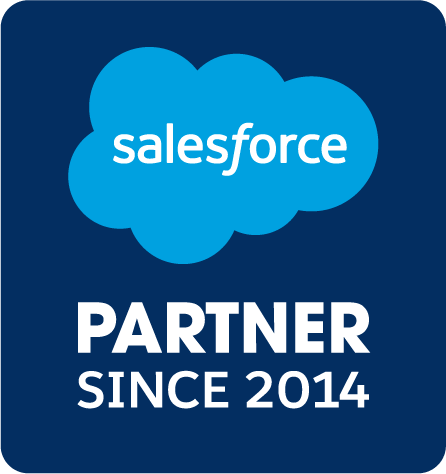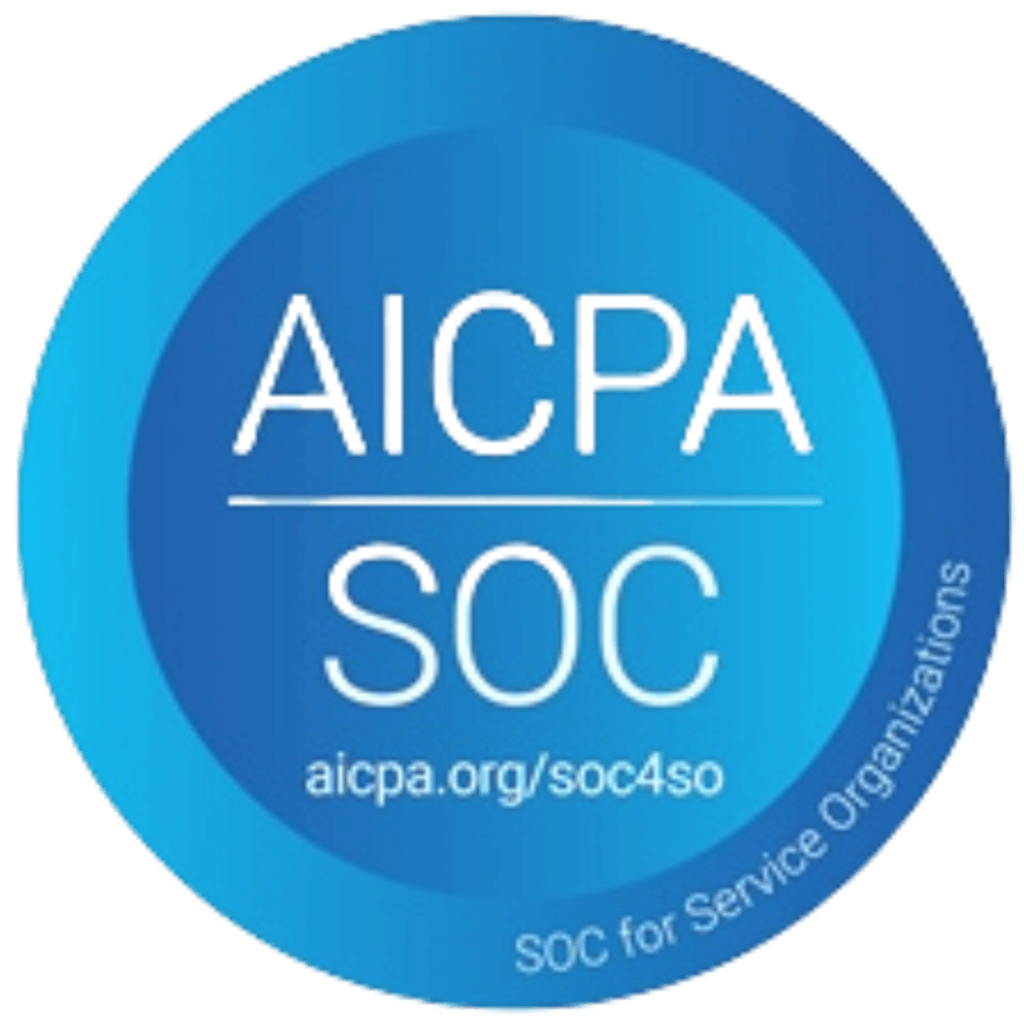Even though the concept of compliance was born in the financial field, it is now a consideration across numerous industries and has impacted many aspects of our lives. Communication is, of course, a common need across the board. The way we communicate in our companies impacts our ability to meet compliance standards. We apply this mindset when working with all of our customers, like this spirits distributor that needed to create a platform to break barriers and enable their 18,000 employees to collaborate more effectively.

Managing conversations properly (and the data those conversations produce), is as important as the compliance standards involved in those processes. If you are a Salesforce partner or use Salesforce in your company, you are one step ahead. With a secure platform, you can enhance your internal and external communication strategy and then, meet your compliance standards. Marc Benioff, CEO, and Chairman of Salesforce says:
“Customers trust us to make them successful, deliver unwavering security, reliability, performance and compliance.”
Compliance and trust through messaging
Notice that Marc Benioff includes Compliance in his perspective on how to conduct business and approach customers. Trust is Salesforce’s number one value. This vision ensures two crucial benefits for any business. First, every product designed by Salesforce is intended to create reliable relations with customers. It’s not only about sales, it’s about relationships. And second, all of your data is stored and archived safely, so you can access it any time for compliance purposes.
Chatter, the Salesforce messaging platform for business, also follows compliance regulations to ensure your data and activity are safe. According to Bloomberg Vault, Chatter is also a social media platform, so “it is subject to the same set of regulatory requirements as any other form of social media”. We have helped many customers enhance their communication platforms; these experiences have taught us many good practices to communicate and comply efficiently.
1. Keep all your data archived in Salesforce
First, what is the golden rule we need to take into consideration? Archive everything! Make sure you archive all your conversations or posts in your org. It is recommended you preserve this data for e-discovery purposes for a period of time defined by various retention requirements. Some day, you may be required to hand over this information for corporate internal audits or even legal or governmental requests. For more information about this, you may want to go over our other article as a starting point: Financial Compliance: Which Agencies?.
2. Make Chatter part of everything
Also remember, as you are using Chatter, you are creating or linking many items related to confidential information such as records, accounts, cases, and more. This information already lives in your Salesforce org, so you’re not moving data to external systems. With everything connected, Chatter and Salesforce remain the center of your workflow, helping you manage compliance more consistently.
3. Involve every employee
Compliance in communication involves employees. Why? Hackers are targeting them. Make sure you train your employees to move all important conversations to Chatter. Email opens the possibility that an employee may respond to a phishing attack, exposing protected data. If you maintain all-important internal conversations in Chatter, you are better able to ensure their safety. You can see in this article why you should be interested in maintaining your employees as security allies.
So, let trust lead the path to better compliance practices and communication management across your company. Remember, the online world brings many resources to make businesses go faster. However, it has also become a common target for cyber attacks. Take the time to set a strong compliance strategy and keep updated on the regulations that impact your business.








